For most Nicaraguans 2024 ends with uncertainty and fear. Families divided, some people cannot even communicate with their loved ones, people imprisoned, threatened, watched or persecuted. Others forced to leave the country to preserve their integrity, seek opportunities or because of the lack of certainty in the future. Those responsible for this are Daniel Ortega, Rosario Murillo and their accomplices.
During 2024 the radicalization of the regime continued to escalate. They banished 135 political prisoners to Guatemala. Nine people, including indigenous leaders Brooklyn Rivera and Steadman Fagoth, are under forced disappearance. Hundreds of citizens were kept under surveillance inside and outside the country, many were declared de facto stateless and in recent weeks the list of citizens under house arrest without charges or judicial proceedings grew.
More nuns, seminarians and priests were expelled, including the bishop of the Diocese of Jinotega and president of the Episcopal Conference of Nicaragua (CEN), Monsignor Carlos Herrera. The list of eliminated civil society organizations continued to grow, as well as the control of confiscated universities and private universities that continue to operate, while in the public system they impose indoctrination programs on primary and secondary school students.
Alliances with autocratic regimes continue to consolidate, Russia, China, Iran were joined by Afghanistan, North Korea and African countries, while the door is closed to democratic governments, forums and human rights bodies.
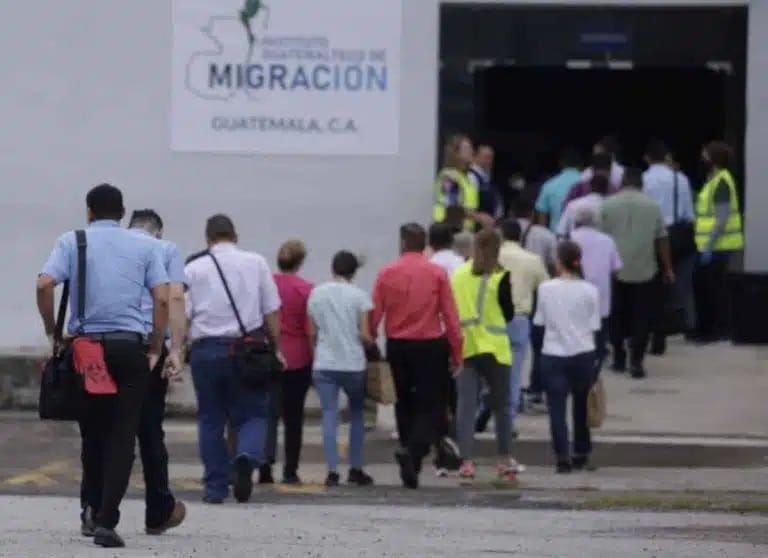
Dynastic succession
To consolidate their power structure and guarantee the dynastic succession they approved a new Constitution disguised under a partial reform and other laws that legalize the arbitrariness they have been committing for several years.
No one is sure, but a recent update of the list of people imprisoned for political reasons indicates that 25 out of 49 are state officials or sympathizers of the Ortega Murillo family.
The dictatorship intends to maintain itself on the basis of fear and violence. Although it may appear otherwise, the balance is not in its favor. It is aware that the discontent of the population and its base is growing.
External financing continues to be scarce and makes it difficult to cover the budget gap, because its autocratic allies do not provide resources. Remittances sent by the almost 900,000 Nicaraguan migrants have consolidated as one of the main pillars of the economy, since they stimulate domestic consumption and guarantee growth.
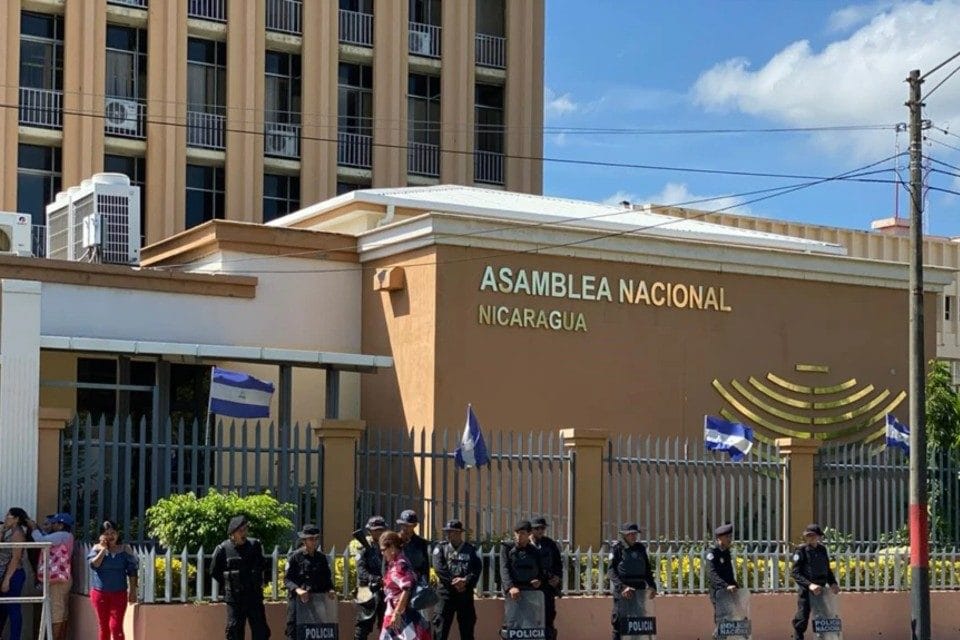
New winds
But new winds are blowing from the international community in relation to these abuses. Perhaps they are arriving later than expected, but they are being welcomed with the hope that they will herald new and better times.
In recent days, four of the eight member countries of the Central American Integration System (SICA), arguing that the Ortega Murillo’s candidate, former Foreign Minister Denis Moncada, does not meet the necessary ethical standards, prevented him from being appointed Secretary General of that organization.
The Vatican now shares with the United States the public position on religious persecution in Nicaragua and Venezuela. Pope Francis wrote a pastoral letter to the people of Nicaragua and in the framework of the celebration of his traditional Gritería, called for a solution to the crisis.
In addition, after almost a year in silence, the auxiliary bishop of the Archdiocese of Managua, Monsignor Silvio Báez, from a church in New York resumed the transmission of his homilies through social networks and in the next few days, Bishop Rolando Álvarez will celebrate in Seville, Spain his first public mass since his release from prison and exile. In addition, several nuns gave their public testimony in a documentary about the abuses they suffered.
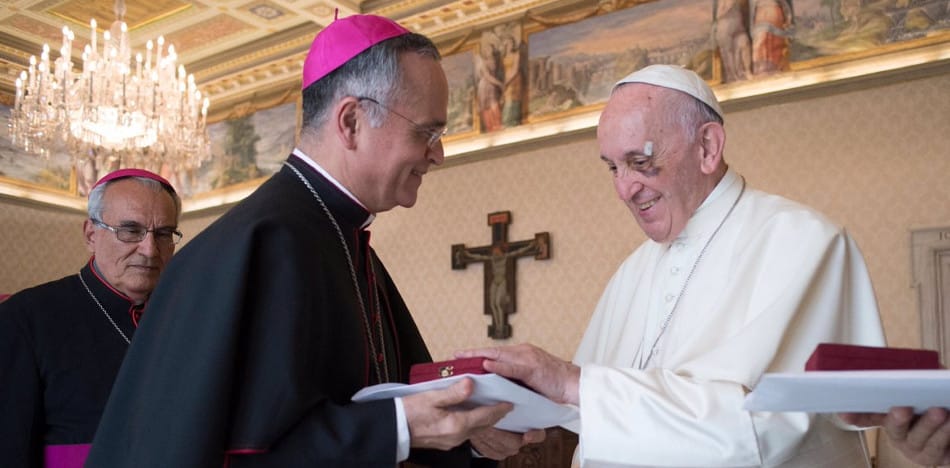
Redouble efforts in 2025
It is also important to note that the President of Guatemala, Bernardo Arévalo, met with a group of exiles and opponents to express his support. The President of Panama, José Raúl Mulino, pointed out that Nicaragua is “a country that has neither God nor law” and the Office of the United States Trade Representative has opened an investigation based on Section 301 of the Trade Act of 1974.
No matter how hard the dictatorship tries to demonstrate the consolidation of its power, the population is tired of its expired political project and the international community continues to demand the reestablishment of democracy.
The Nicaraguan Democratic Concertation (CDN) considers that in 2025 it is essential to redouble our efforts in order to create a broad alliance among pro-democracy actors, to work in a coordinated manner and push for shared lines of action, to sustain civic resistance with greater determination and effectiveness, and to increase the support of the international community. Hope is on our side, it accompanies all of us who yearn for democratic change.
The Relevance of the Section 301 Investigation
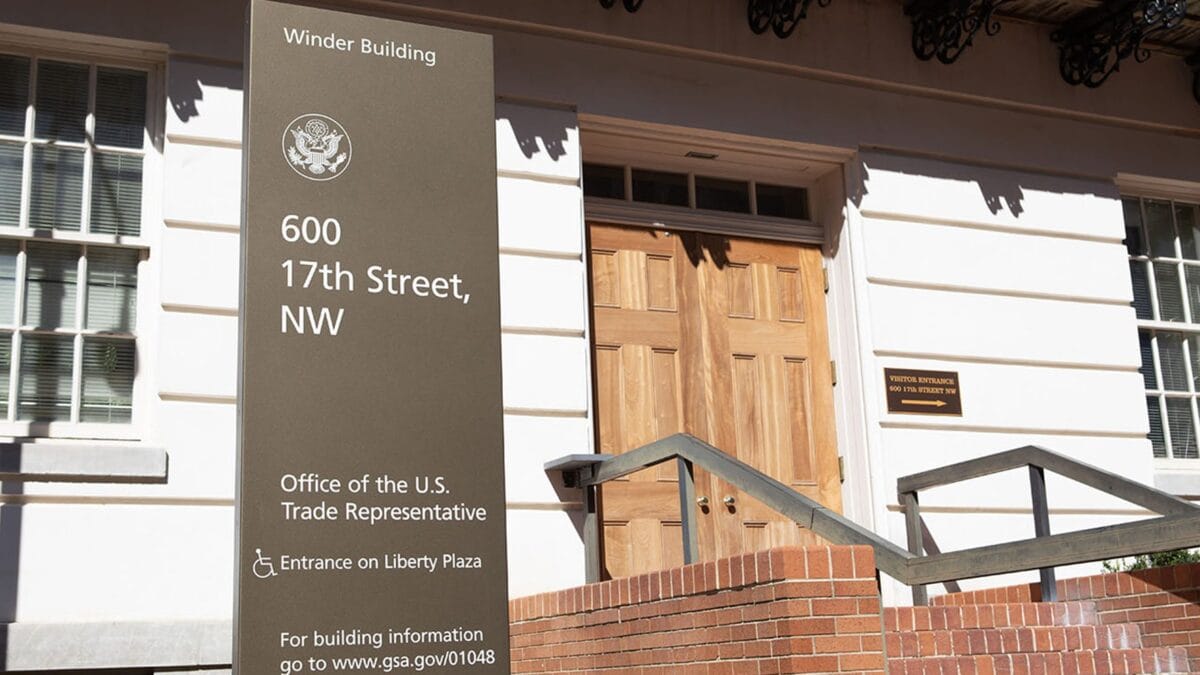
During the International Human Rights Day, on December 10, the Office of the United States Trade Representative (USTR) initiated an investigation, hearing and request for public comments on Section 301 of the Trade Act of 1974, which it called: “Nicaragua’s Acts, Policies and Practices Relating to Labor Rights, Human Rights and the Rule of Law”.
During the last few years a number of voices from the Nicaraguan opposition, think tanks such as Inter-American Dialogue and human rights and political entities, expressed that due to the multiple human and labor rights violations committed by the Ortega Murillo dictatorship, it was necessary to review the Free Trade Agreement between the United States, Central America and the Dominican Republic, known as DR-Cafta and the Association Agreement (AA) between Central America and the European Union (EU).
In previous editions of this bulletin we have reported that there have been more than forty recommendations from international organizations who have made this request, without finding support in the member States. Even the UN Human Rights Expert Group on Nicaragua and the U.S. Senate Foreign Relations Committee suggested including the impact of human rights violations in evaluations of trade relations with Nicaragua and exposing these violations in the framework of DR-Cafta, in order to re-evaluate Nicaragua’s benefits under the trade agreement.
For this reason, we now applaud USTR’s decision to open this investigation in response to those requests and recommendations, but also for the unprecedented significance it represents.

Unprecedented research
This is the first time that an investigation of this type has had such an extensive reach. So far, the investigations have been specific, as reflected in the cases of: Chinese timber, large EU civilian aircrafts or EU beef. The investigation on Nicaragua is not linked to a single product or commodity, but includes labor rights, human rights and the rule of law. The message is loud and clear. It is no longer the time to look the other way, ignore or pretend that nothing is happening and even less to justify, as do the International Monetary Fund (IMF), Standard & Poor’s and other rating agencies, which present “acceptable” macroeconomic data regardless of the cost paid in terms of human and political rights, whose violations include as noted by the USTR: extrajudicial killings, cruel, inhuman or degrading treatment and violence against members of marginalized groups.
Because of the seriousness of these violations, we do not share the statement of the National Council of Textile Organizations of the United States (NCTO), which after learning of the opening of the USTR decision “strongly condemned the actions of President Daniel Ortega and Vice President Rosario Murillo” but asked that the outcome of the process does not affect the textile sector. In other words, the condemnation is conditional.
The NCTO argues that it cannot risk the US$350 million in trade between the U.S. textile industry and Nicaragua, nor the US$1.5 billion in total trade in textile inputs in the co-production chain between the U.S., Nicaragua and the rest of the countries in the DR-Cafta region. In addition, he tries to scare people by pointing out that the imposition of tariffs on textile trade would benefit China.
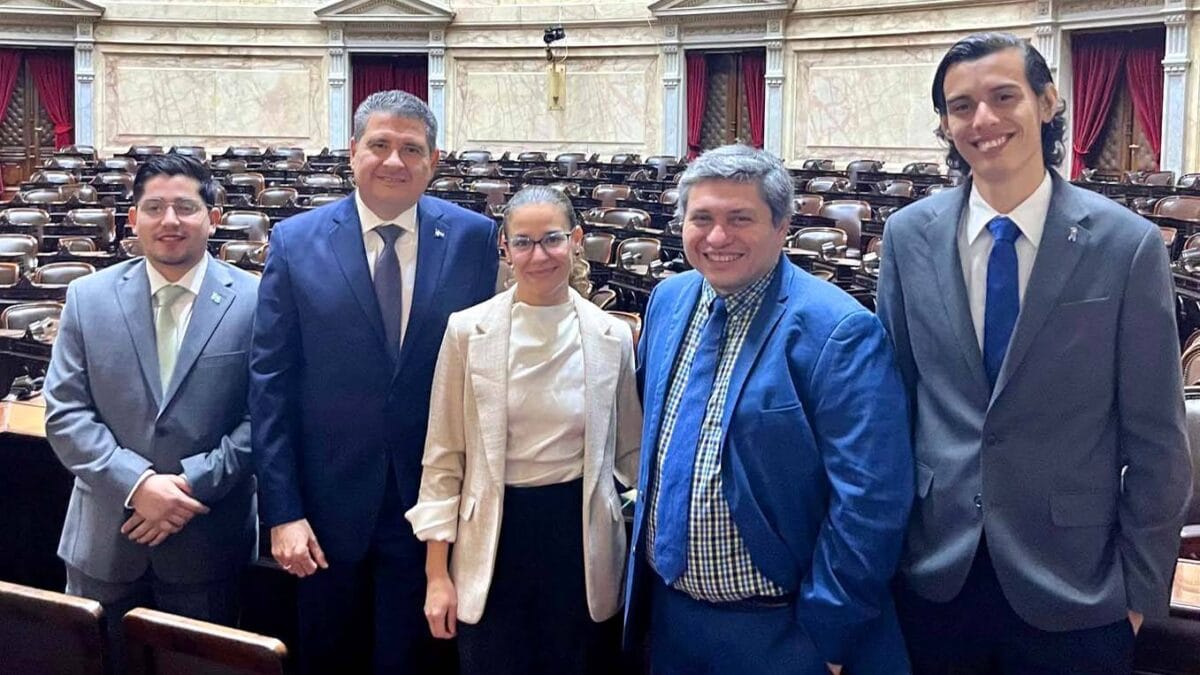
Support USTR research
But he does not mention that China is already in Nicaragua and that the Ortega-Murillo regime are mortgaging the country in their favor. Nor is he concerned about the “export” of human capital, which since 2018 has caused the migration of almost 15% of the population, or the increase in remittances from one billion to five billion dollars and not to mention the rest of the violations to different rights.
From the Nicaraguan Democratic Concertation (CDN), we call on the EU to open a similar investigation in the case of the AA, especially because this treaty has human rights clauses that are violated in Nicaragua.
We ask the Office of the UN High Commissioner for Human Rights, the Inter-American Commission on Human Rights (IACHR), the International Labor Organization (ILO) and GHREN to work in coordination in this investigation and present the information they have gathered. We, along with other opposition groups, will do the same by proactively supporting the development of the investigation.
